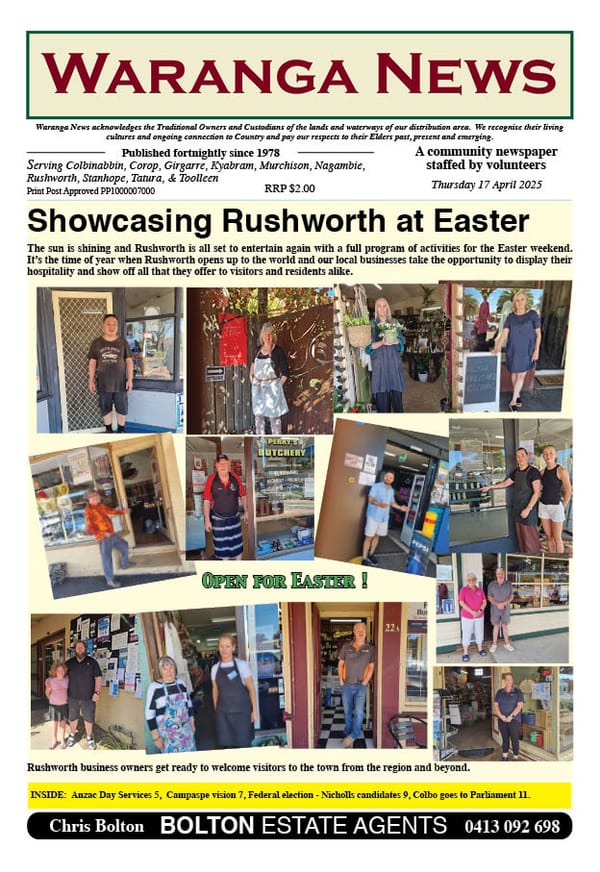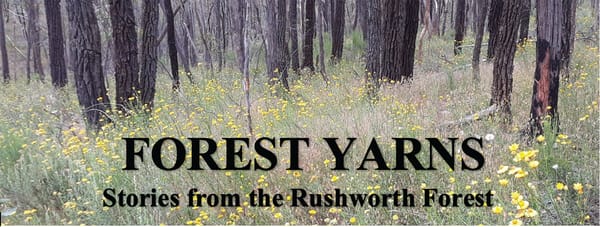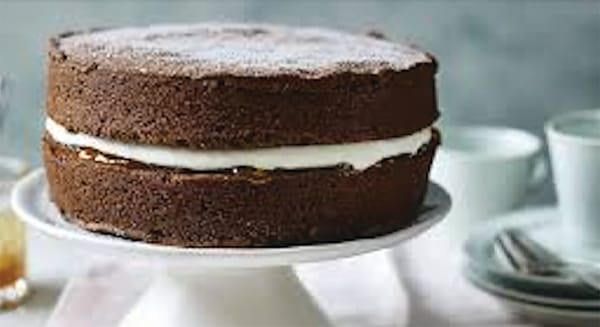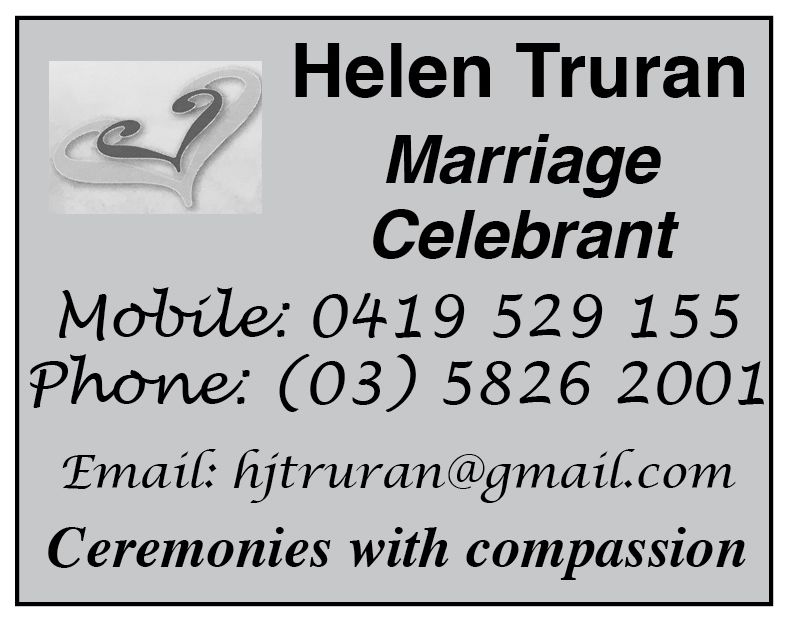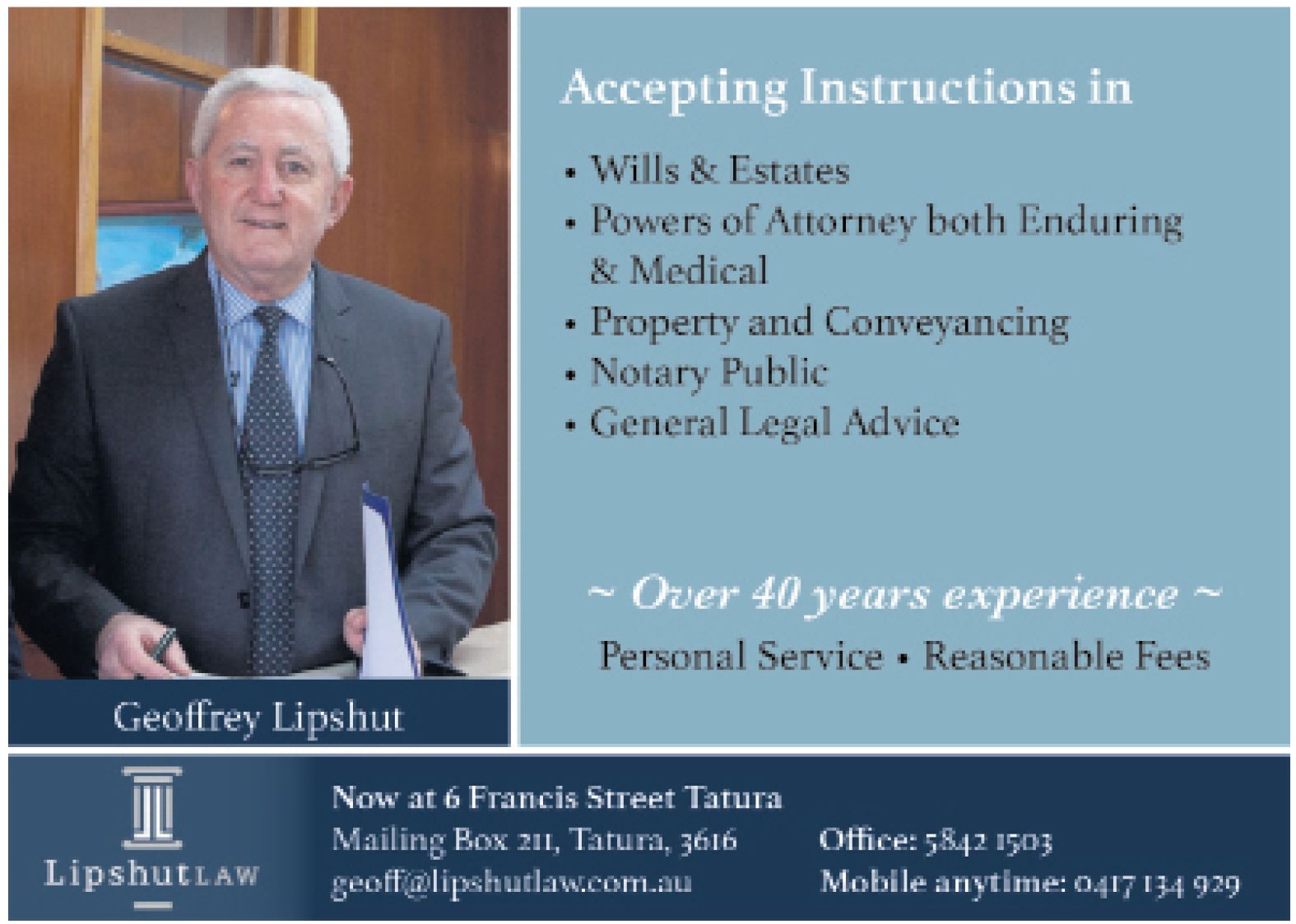Time to preserve nature while we can
Kirsty Ramadan - Bohollow Wildlife
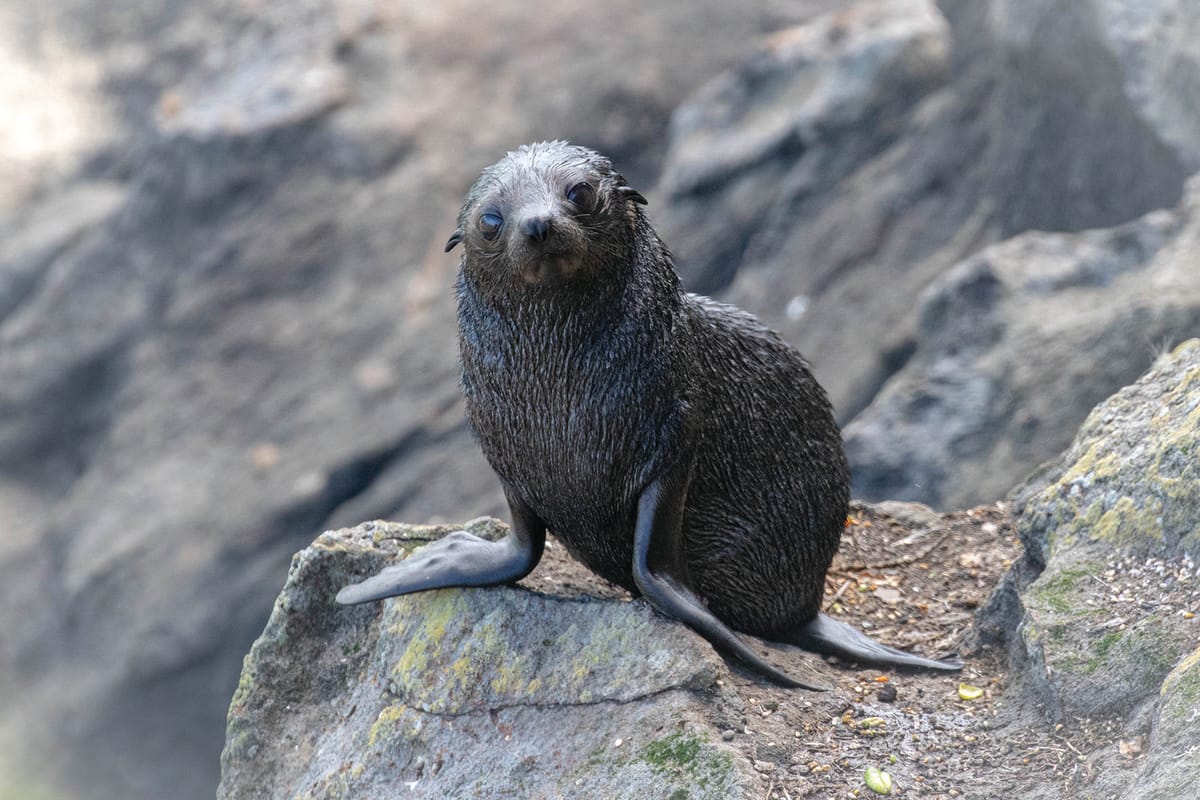
I recently had the privilege of travelling to New Zealand for an eleven day break.
Being out of Australia was a first time for me. It was also a real eye opener of the environmental state of one of our closest neighbouring countries. I guess I had expectations of native wildlife amidst beautiful natural scenery but when I arrived, I was disappointed and a bit shocked by a scene very similar to Australia as I passed through cleared countryside which was basically devoid of wildlife.
Introduced species, both flora and fauna, took precedence. As we travelled through the South Island and I discovered more natural and remote places, the situation vastly improved and I was lucky enough to see some really cool native creatures in their natural habitat so I got my wildlife fix.
By the end of the trip I was longing for our sprawling eucalypts and missing seeing some form of wildlife at least every hundred metres along the roadsides like we do at home. I pondered on how lucky I am to live where I do and be surrounded by what we have left.
One thing New Zealand has on Australia is the cleanliness of the country. People just don’t litter like people do here. Very little roadside rubbish, almost none! Farms are not littered with piles of hay twine, silage wrap or old fencing wire. There seems to be a real pride in keeping things clean. We certainly need to do a lot better on that front.
The contrast was immediately evident and even more so once back in Australia. The amount of littering in our cities, towns and countryside is embarrassingly appalling.
Australia has lost at least a hundred native species since European settlement. That’s a staggering amount, particularly over the short time frame of settlement. Just as Maori arrival in New Zealand also drove species to extinction over there, the arrival of Indigenous people here in Australia also impacted native flora and fauna and saw the loss of species here as well. Humans everywhere, in all races and forms, have altered their environments to suit their needs, driven local extinction rates like no other animal before them. That’s a fact.
New Zealand has lost at least 80 known species since humans arrived. I think the species decline in New Zealand may be more evident as it is a much smaller place than Australia. It may be that we have so much land here that even though we have cleared an alarming amount of native vegetation our percentage of what is left is a little better than New Zealand. We have lost more than 40 percent of our native forests here with less than 50 percent of our wilderness areas remaining. New Zealand has lost 75 percent of its native vegetation. In a country so small, it is staggeringly noticeable.
There are petitions Australia wide at the moment being signed by those who oppose designating more land to be under the protection of National Parks. The catch cry being to stop our existing state forests being slated as National Parks so people cannot enjoy them as they do now. The way many of these people who oppose National Parks enjoy state forests now is by taking 4WD vehicles in and destroying bush tracks and precious off road habitat, allowing dogs to roam free to disturb or chase native animals, to camp in places that may disturb or destroy habitat and to see our natural places as somewhere they have the right to do as they please.
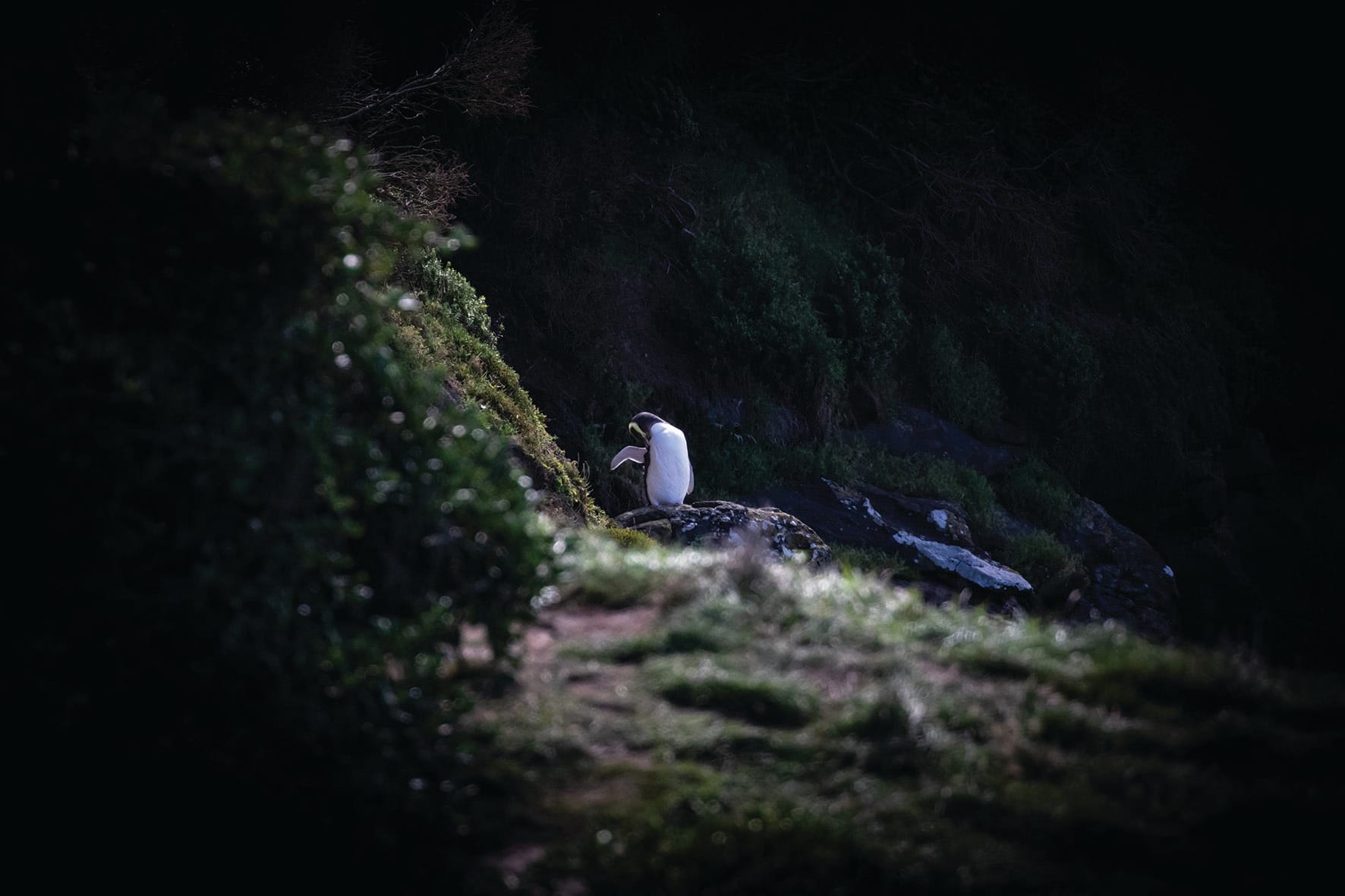
For those of us who treat state forests and natural places with the environmental respect they deserve, more land under National Parks is not such a big deal. It’s a shame that we are at the stage where we need to protect habitat from those who do the wrong thing, but the alternative is that we continue to see amazing wild natural places get destroyed by those who believe they have the right. Once things are destroyed and gone, it’s an uphill battle to restore and it can never be the same.
We are so very lucky in Australia to have what we have. If we all do better and think about the consequences of our actions more, forget about our ingrained ‘rights’ to do as we please to a countryside that is pleading for a lighter tread, maybe . . . just maybe, we can turn the tables and not only retain what wild places we have left but enhance and put back a little of what we have taken.
Most of us have been in an Australian National Park. I have one at my back door. It does not mean no access. It certainly does not ensure total protection either, but it does mean an attempt to save some of our precious places which are still being degraded and which remain to be disappearing at an alarming rate.

